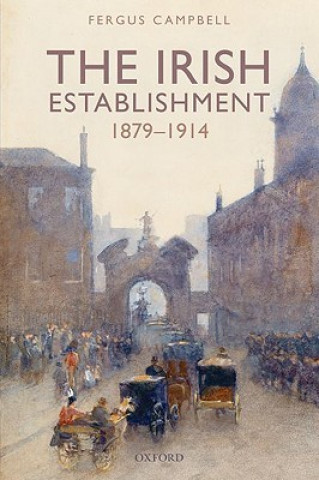
Kód: 04529715
Irish Establishment 1879-1914
Autor Fergus Campbell
The Irish Establishment examines who the most powerful men and women were in Ireland between the Land War and the beginning of the Great War, and considers how the composition of elite society changed during this period. Although ... celý popis
- Jazyk:
 Angličtina
Angličtina - Väzba: Pevná
- Počet strán: 364
Nakladateľ: Oxford University Press, 2009
- Viac informácií o knihe

Mohlo by sa vám tiež páčiť
-

13 Steps to Manufacturing in China
47.26 € -4 % -
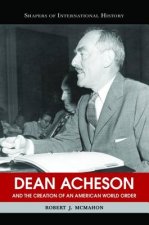
Dean Acheson and the Creation of an American World Order
20.35 € -4 % -
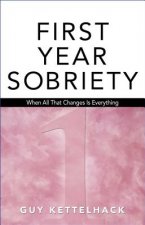
Firt-year Sobriety
14.62 € -4 % -

it's Ok Eli
27.41 € -

Ich nenn' es einfach jetzt mal Leben
298.68 € -

Astrológia rastlín
11.55 € -31 %
Darčekový poukaz: Radosť zaručená
- Darujte poukaz v ľubovoľnej hodnote, a my sa postaráme o zvyšok.
- Poukaz sa vzťahuje na všetky produkty v našej ponuke.
- Elektronický poukaz si vytlačíte z e-mailu a môžete ho ihneď darovať.
- Platnosť poukazu je 12 mesiacov od dátumu vystavenia.
Viac informácií o knihe Irish Establishment 1879-1914
Nákupom získate 592 bodov
 Anotácia knihy
Anotácia knihy
The Irish Establishment examines who the most powerful men and women were in Ireland between the Land War and the beginning of the Great War, and considers how the composition of elite society changed during this period. Although enormous shifts in economic and political power were taking place at the middle levels of Irish society, Fergus Campbell demonstrates that the Irish establishment remained remarkably static and unchanged. The Irish landlord class and the Irish Protestant middle class (especially businessmen and professionals) retained critical positions of power, and the rising Catholic middle class was largely-although not entirely-excluded from this establishment elite. In particular, Campbell focuses on landlords, businessmen, religious leaders, politicians, police officers, and senior civil servants, and examines their collective biographies to explore the changing nature of each of these elite groups. The book provides an alternative analysis to that advanced in the existing literature on elite groups in Ireland. Many historians argue that the members of the rising Catholic middle class were becoming successfully integrated into the Irish establishment by the beginning of the twentieth century, and that the Irish revolution (1916-23) represented a perverse turn of events that undermined an otherwise happy and democratic polity. Campbell suggests, on the other hand, that the revolution was a direct result of structural inequality and ethnic discrimination that converted well-educated young Catholics from ambitious students into frustrated revolutionaries. Finally, Campbell suggests that it was the strange intermediate nature of Ireland's relationship with Britain under the Act of Union (1801-1922)-neither straightforward colony nor fully integrated part of the United Kingdom-that created the tensions that caused the Union to unravel long before Patrick Pearse pulled on his boots and marched down Sackville Street on Easter Monday in 1916.
 Parametre knihy
Parametre knihy
Zaradenie knihy Knihy po anglicky Humanities History Regional & national history
239.33 €
- Celý názov: Irish Establishment 1879-1914
- Autor: Fergus Campbell
- Jazyk:
 Angličtina
Angličtina - Väzba: Pevná
- Počet strán: 364
- EAN: 9780199233229
- ISBN: 0199233225
- ID: 04529715
- Nakladateľ: Oxford University Press
- Hmotnosť: 698 g
- Rozmery: 242 × 166 × 25 mm
- Dátum vydania: 06. August 2009
Obľúbené z iného súdka
-

Hundred Years' War on Palestine
12.06 € -24 % -

Decline and Fall of the Roman Empire
5.92 € -21 % -

Ten Myths About Israel
13.60 € -14 % -

Strange Death of Europe
16.57 € -23 % -
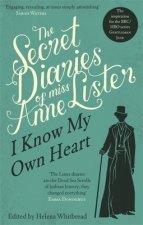
The Secret Diaries Of Miss Anne Lister: Vol. 1
13.60 € -14 % -

Londoners
11.25 € -25 % -

History of Japan
16.36 € -19 % -

Medieval Monsters
11.14 € -23 % -

Ninja, The Secret History of Ninjutsu
15.34 € -16 % -

In The Garden of Beasts
12.17 € -21 % -

Maurice's Strategikon
30.48 € -2 % -

Polish Saber
62.71 € -
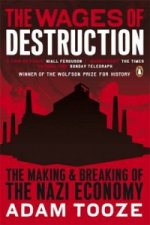
Wages of Destruction
21.99 € -23 % -
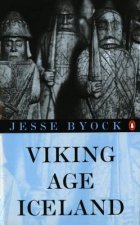
Viking Age Iceland
15.34 € -21 % -
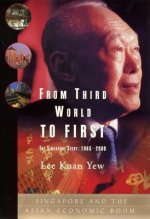
From Third World to First
31.81 € -23 % -
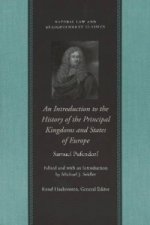
Introduction to the History of the Principal Kingdoms & States of Europe
17.08 € -

Benes & Masaryk: Czechoslovakia
16.26 € -13 % -

Great Fire of London
3.57 € -24 % -

Becoming Indian
39.59 € -

Blind Mans Bluff
12.27 € -23 % -
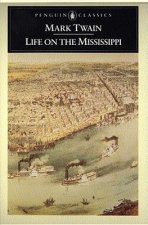
Life on the Mississippi
12.27 € -20 % -
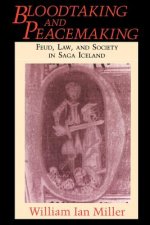
Bloodtaking and Peacemaking
47.16 € -
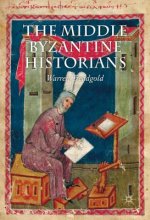
Middle Byzantine Historians
214.46 € -
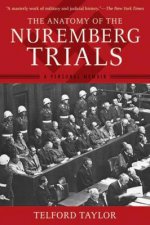
Anatomy of the Nuremberg Trials
17.59 € -3 % -

Modern France: A Very Short Introduction
9.40 € -34 % -

Ethnic Cleansing of Palestine
14.42 € -23 % -

Palestine
20.25 € -20 % -

Giza Power Plant
16.05 € -16 % -

Citizens
21.99 € -23 % -

Women Who Shaped Politics
24.85 € -13 % -
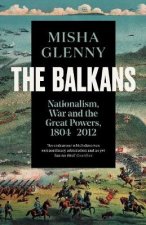
The Balkans, 1804-2012
21.99 € -23 % -

Age Of Revolution
16.57 € -23 % -

The Thirteenth Tribe
12.58 € -
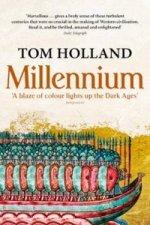
Millennium
13.19 € -22 % -

Alexiad
17.79 € -20 % -
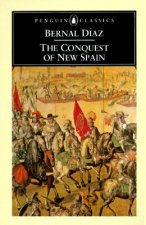
Conquest of New Spain
14.42 € -23 % -
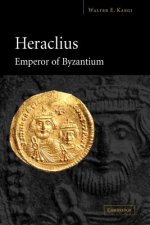
Heraclius, Emperor of Byzantium
33.35 € -18 % -

1948
24.65 € -10 % -
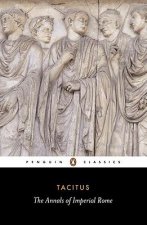
Annals of Imperial Rome
14.42 € -23 % -

Strike and Hold
29.87 € -4 % -

Diana: Her True Story - In Her Own Words
11.04 € -23 % -

How to be a Victorian
14.42 € -23 % -

The Oxford History of Ancient Egypt
15.44 € -23 % -
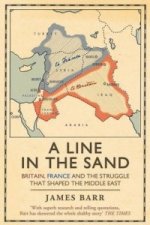
Line in the Sand
11.76 € -2 % -
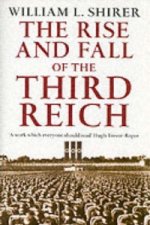
Rise And Fall Of The Third Reich
21.99 € -23 % -
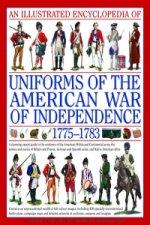
Illustrated Encyclopedia of Uniforms of the American War of Independence
21.99 € -23 % -

Olympic, Titanic, Britannic
30.28 € -15 % -

Vanished Kingdoms
18.82 € -22 % -

Footnotes in Gaza
27.31 € -13 %
Osobný odber Bratislava a 2642 dalších
Copyright ©2008-24 najlacnejsie-knihy.sk Všetky práva vyhradenéSúkromieCookies



 21 miliónov titulov
21 miliónov titulov Vrátenie do mesiaca
Vrátenie do mesiaca 02/210 210 99 (8-15.30h)
02/210 210 99 (8-15.30h)